Canadian Grocery Retail Head Touts Low Rents Driving Portfolio Valuation
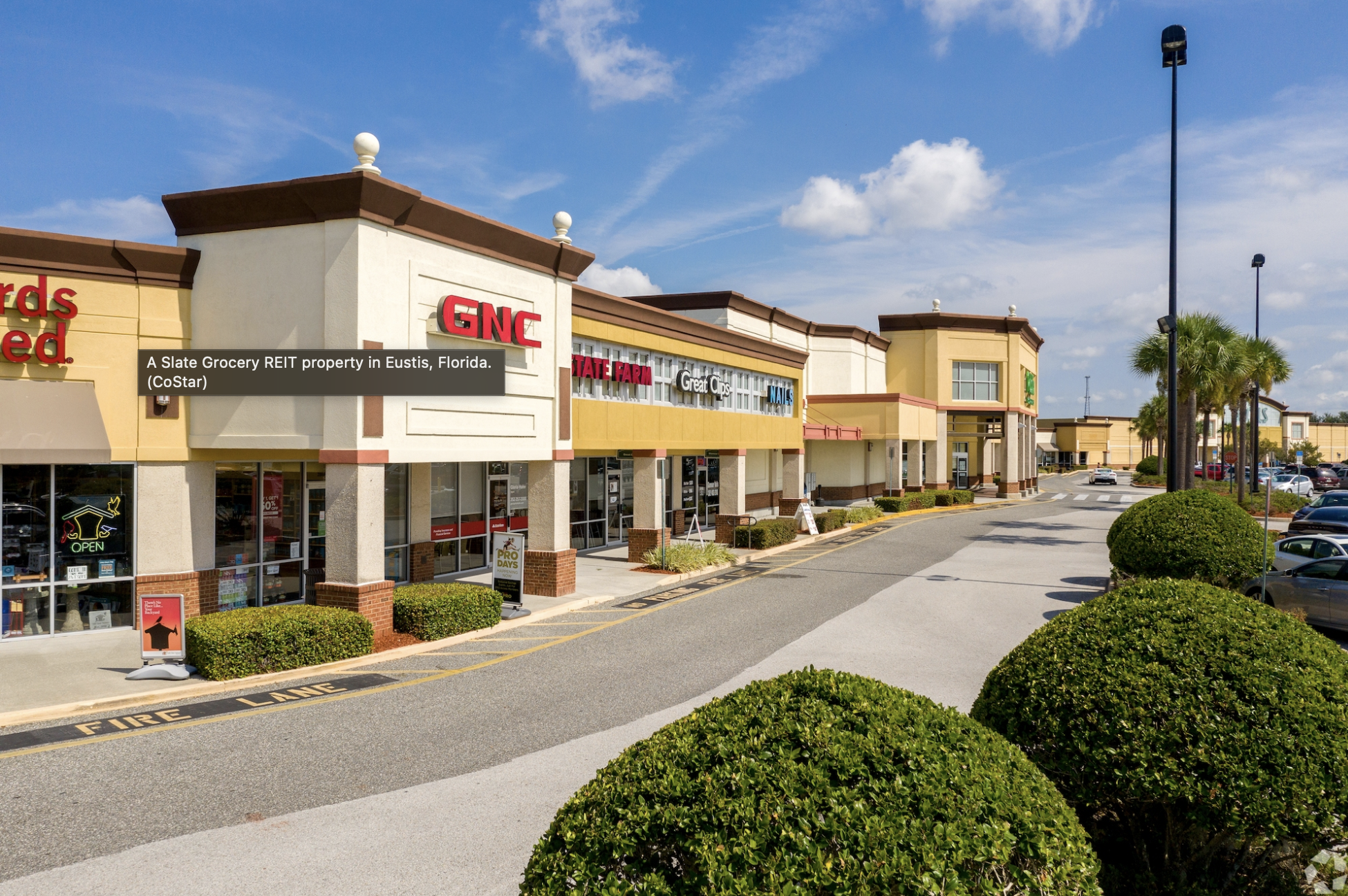
Canadian Grocery Retail Head Touts Low Rents Driving Portfolio Valuation
Cap Rates ‘Somewhat Useless’ To Describe US Portfolio, Says Slate Grocery REIT CEO
The Canadian head of a real estate investment trust focused on U.S. grocery-anchored malls believes it is time to forget traditional capitalization rates or valuations when it comes to his properties.
Blair Welch, chief executive of Toronto-based Slate Grocery REIT, which owns 121 locations in 23 U.S. states, fired back at analysts asking how his company can grow in value even as cap rates continue to rise.
“I think a cap rate is somewhat useless if you don’t know what rate you’re capping. We believe at Slate Grocery REIT, with our rents at $11.82 [per square foot], we estimate that’s probably half of the market. At our existing cap rate, there is tons of room to run,” said Welch.
“You’re buying a significantly discounted rent that should grow your topline revenue. Last time I checked, the only way to make money in real estate is compression of cap rates or growing your rents. I think we all know that cap rates are going up. But Slate Grocery REIT has positive leverage because we can still buy wide cap rates, but we can get significant revenue growth because of our low in-place rents.”
Welch, a founding partner of Slate Asset Management, which owns almost 6% of the REIT, stepped into the top job at Slate Grocery on an interim basis in January of this year. The REIT announced a significant expansion in June when it agreed to purchase a 2.5 million-square-foot portfolio for 425 million U.S. dollars, or 543 million Canadian dollars, a move funded through an agreement with Slate North American Essential Real Estate Income Fund, which Slate Asset Management manages.
The deal with the North American fund brought some of the largest investors in the world into supporting the Slate strategy, Welch said.
Welch said investors need to know where rents are compared to the market and new supply. “I think the neighbourhood-anchored grocery space is extremely compelling because of that,” said Welch.
Jenny Ma, an analyst with BMO Capital Markets, said in an investment note that she believes there is still strong demand for essential retail.
“Notwithstanding our recent downgrade, which was mostly a valuation call, we believe the REIT’s grocery-anchored essential retail portfolio should remain resilient even in a challenging economic environment,” said Ma, who has said she is taking a more cautious view generally on strategies that are heavily reliant on acquisitions and dispositions because of market activity slowing down over the near term amid rising interest rates.
First American Financial Corp., a provider of title, settlement and risk solutions for real estate transactions, predicted at the end of June that slowing asset price growth would push cap rates higher.
“Given decelerating price growth in the first quarter and continued upward movement of interest rates, the potential cap rate is expected to increase in the second quarter,” the company said, noting performance will differ based on the asset class.
“It’s worth noting that decelerating CRE price growth was not distributed evenly across asset classes. Multifamily and industrial assets set first-quarter price growth records, increasing at a faster rate than any other first quarter in the past 20 years, while office and retail assets were a drag on overall CRE price growth in the first quarter.”
Source CoStar. Click here to read a full story

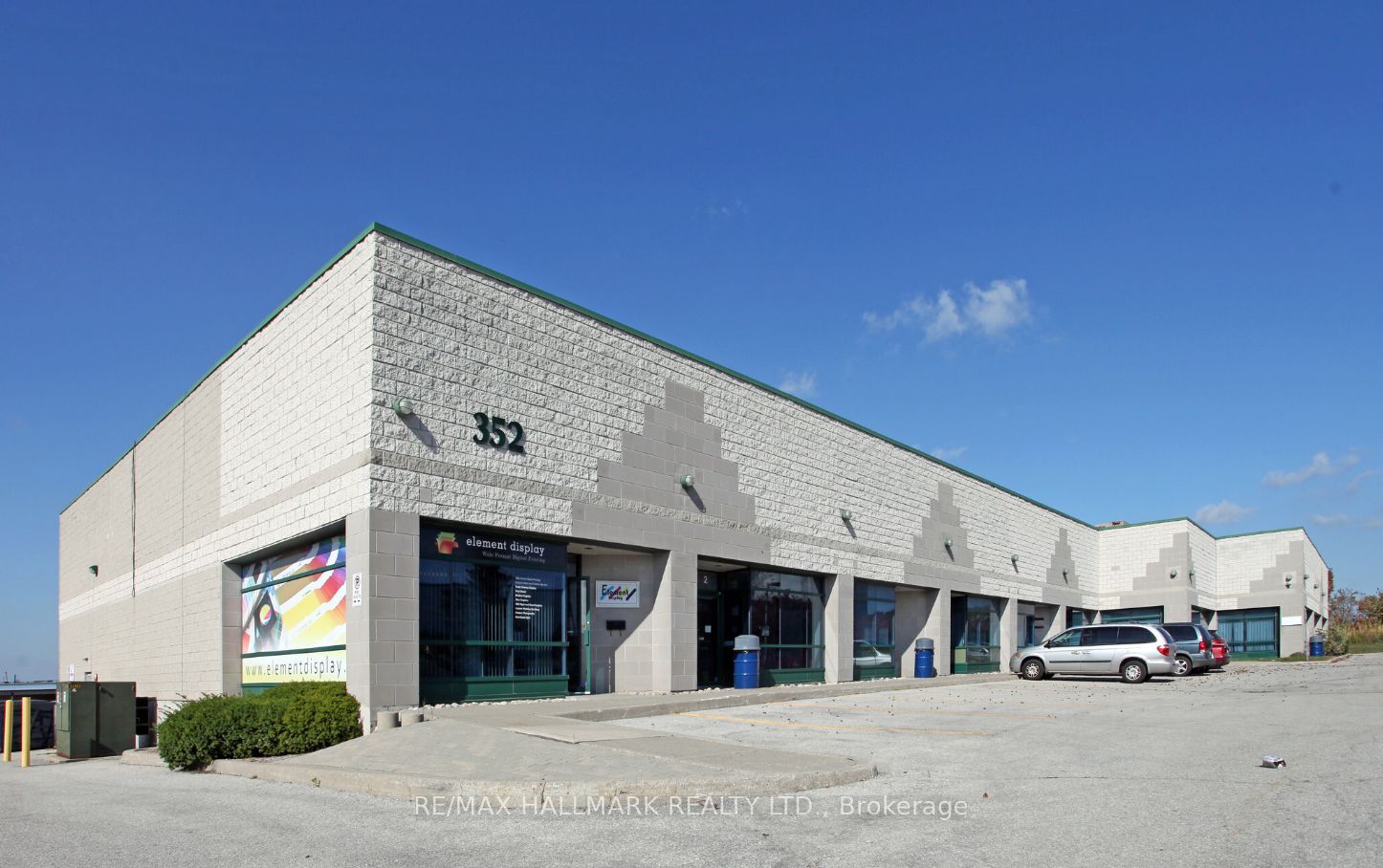


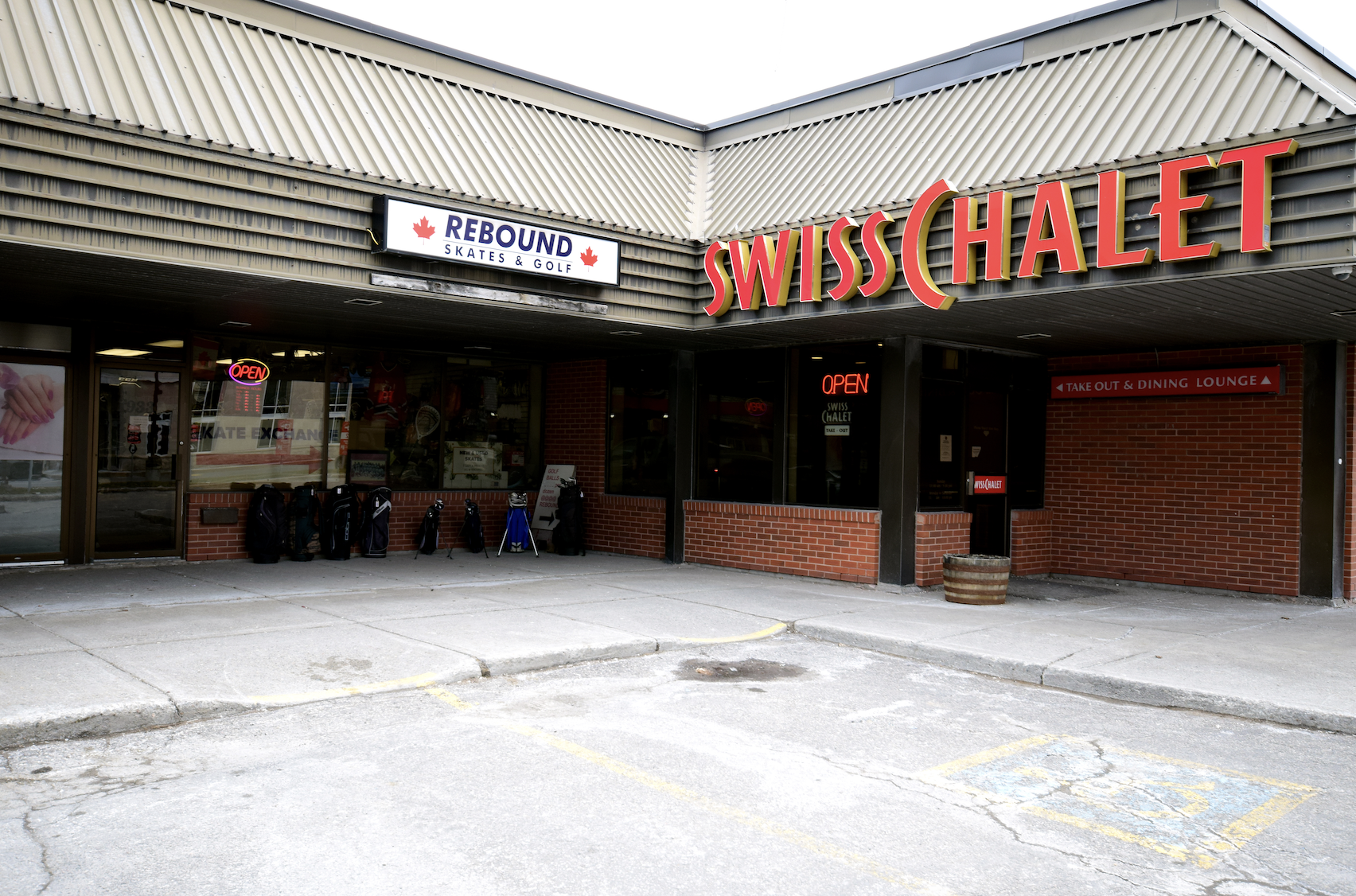
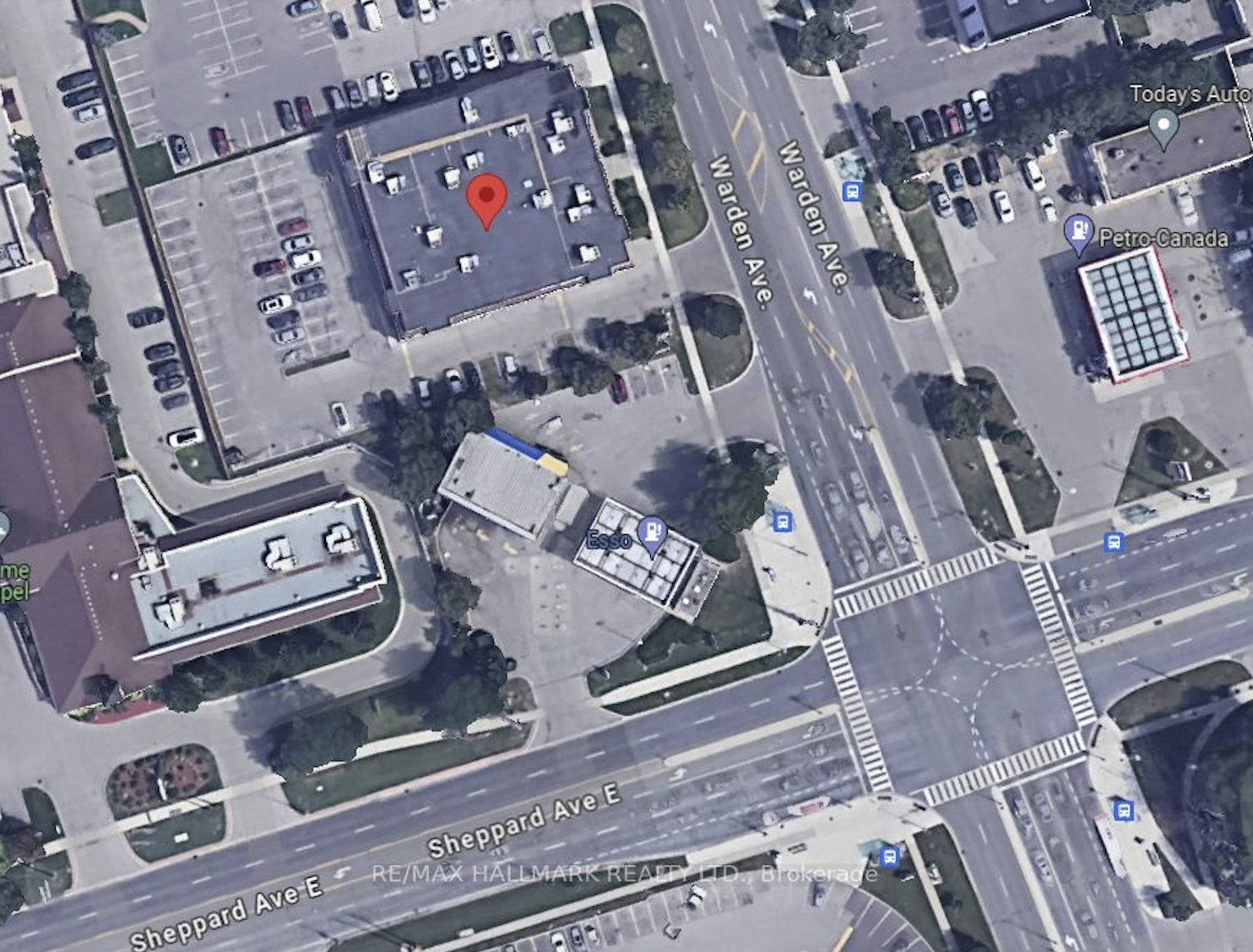



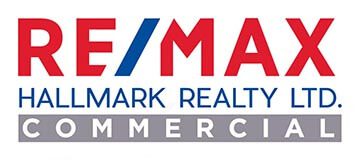
נערות ליווי בתל אביב | Aug 30,2022
Very good write-up. I certainly appreciate this website. Keep writing!